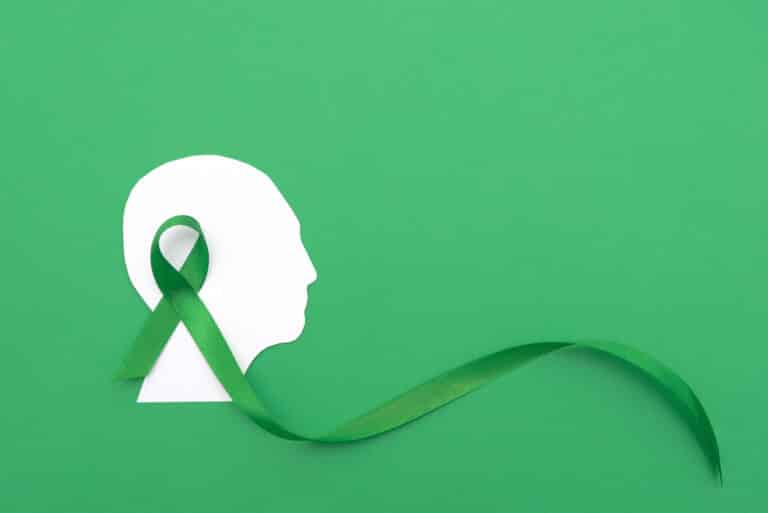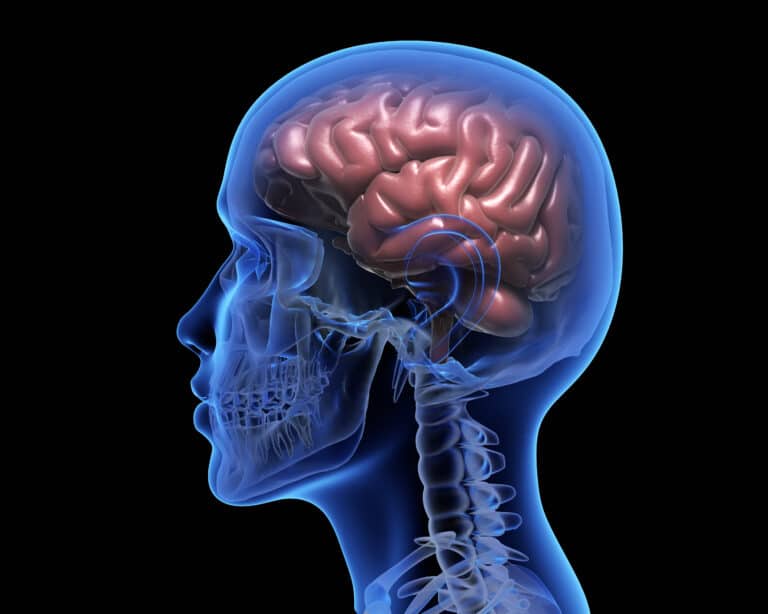It’s not easy to have a family member or a loved one struggling with schizophrenia. We all know that it’s a chronic mental disorder that can severely affect a person’s brain. Some of them may not be able to get on with their daily activities.
Schizophrenia has different types: Paranoid, Disorganized, Catatonic, Undifferentiated, and Residual Schizophrenia.
This article will talk about residual schizophrenia, what it is, how it can affect the person, how it’s diagnosed, and the treatment available for the mental illness.
What is Residual Schizophrenia?
Residual schizophrenia is one of the phases of schizophrenia. It’s characterized by at least one past episode of this mental illness. Patients in this phase may be unmotivated and have low energy.
Other symptoms of residual schizophrenia include:
- Disorganized thoughts
- Social withdrawal
- Lack of emotion
- Odd behavior
- Illogical thinking
The prodromal phase or the first phase of schizophrenia is not often recognized because the symptoms may not always be that obvious. It’s diagnosed only when the illness has progressed to the next phase, which is acute schizophrenia.
Acute schizophrenia, or the next phase, is the most visible. This is when the patient shows severe symptoms such as hallucinations and delusions.
How Serious is Residual Schizophrenia?
Keep in mind that residual schizophrenia can affect patients differently and in varying degrees. Some patients may need more care or hospitalization, while others can still enjoy active family life. What’s important is always to get support and assistance from medical professionals to manage residual schizophrenia effectively.
If you have a loved one with residual schizophrenia or the other types of schizophrenia, get help right away. Don’t wait for the mental illness to progress further.
How Is It Diagnosed?
If you have a loved one showing symptoms of schizophrenia, you must visit a psychiatrist right away so they can give you a proper diagnosis of the mental illness. Some of the symptoms you need to watch out for include:
- Unorganized speech
- Hallucinations
- Disordered thoughts
A lot of factors can contribute to schizophrenia. You’re more likely to get it when you have a family history of mental illness. Drug abuse can also lead to schizophrenia. Get help from a professional immediately when you notice signs and symptoms to get a proper diagnosis and treatment recommendations.
For residual schizophrenia, it’s diagnosed by the following symptoms:
- One psychotic episode in the past
- Symptoms such as poor eye contact, poor self-care
- At least 1 year of minimal delusions and hallucinations
- Absence of other brain diseases such as dementia or depression
It’s best to contact a professional so they can do a proper check-up and diagnosis of your loved one.
How to Treat Residual Schizophrenia
There are two types of treatment available for residual schizophrenia: medication therapy and psychotherapy.
When treating this mental disorder, the goal is to prevent relapse and optimize long-term positive outcomes. Because residual symptoms may persist, the patient must also be taking medications.
Medications
A medical professional may prescribe antipsychotic medications to someone who has residual schizophrenia. The medicines are used to help reduce the symptoms and also avoid relapse.
The patient must adhere to his medications, especially within 5 years after the first episode, as this is the phase where illness-related changes in the patient’s brain can occur. Caffeine, nicotine, and alcohol should be avoided as they may interfere with the drug.
After a psychotic episode, the patient should take medications immediately, possibly in the first 7 days of treatment, to return to normal functioning. The medical professional should monitor treatment based on how his body responds to the medications.
Psychotherapy
Patients must be well informed about their mental illness, the risks involved, and how effective the treatments are. They need to educate their loved ones on how important taking medications are.
Families are also encouraged to get involved and support their loved ones all the way, as it can help reduce relapse. Psychotherapy or non-pharmacological therapy can be divided into three different types of treatment:
- Individual – includes personal therapy, counseling, social skills therapies and rehabilitation.
- Group – interactive support groups
- Cognitive Behavioral – help patients work through their disordered thought patterns
People with schizophrenia tend to be less adherent to their medications, and some may deny that they have a mental disorder. Nonpharmacological therapy can help these patients become more adherent to their meds.
Hospitalization
Relapse can happen when a patient stops taking medications, which can lead to hospitalization. This treatment is also recommended when the patient is in danger, especially when they have suicidal thoughts or hallucinations.
What You Can do to Help a Loved One
To help a family member, you must listen and show empathy. Try also to be patient with them as it can be difficult to talk about a mental illness. As much as possible, allow them to talk about their thoughts without judging them. You don’t have to understand everything; simply being there for them can already do wonders.
One of the best things you can do is to also get in touch with a treatment facility so a medical professional can help you with their long-term treatment.
It may take time to treat residual schizophrenia, but it’s entirely possible when you get the right help.
Get in Touch With Southern California Sunrise Recovery Center
Do you have a loved one struggling with residual schizophrenia or other phases of schizophrenia? Please don’t hesitate to contact us right away!
We treat several mental disorders at our facility, including schizophrenia. Our team of medical professionals offers different therapies to patients, including Psychotherapy, behavioral therapy, and cognitive-behavioral.
Our ultimate goal at Southern California Sunrise Recovery is to help all our patients achieve long-term recovery. Through psychotherapy and medications, we can help your loved ones manage their mental illness better and avoid relapse. Let us help you. You may speak directly to one of our team members by email or by phone.






